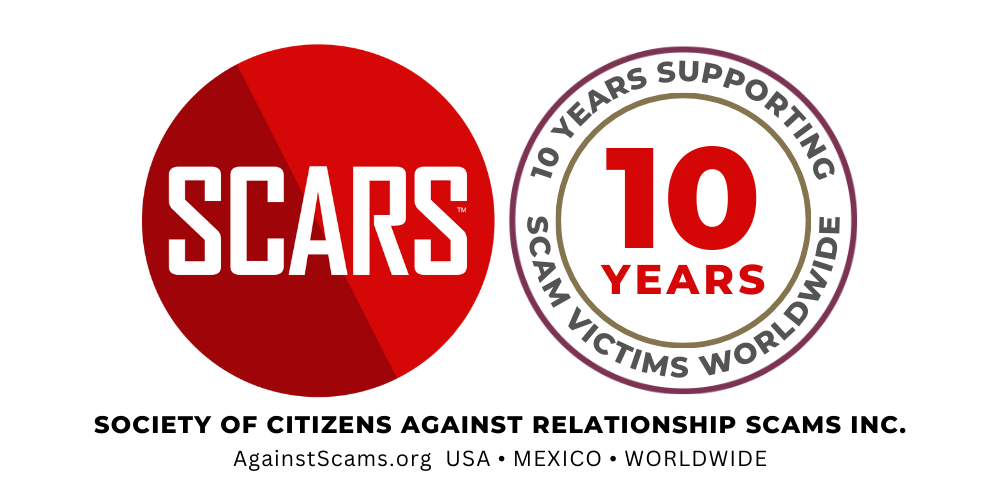How to Evaluate Your Own Mental Health After a Scam
How to Evaluate Your Own Mental Health After a Scam After a scam, you protect your safety and rebuild stability by evaluating your mental health, recognizing signs like betrayal trauma, dissociation, and brain fog, and choosing clear next steps. Key Topics: Understanding Betrayal Trauma Basics Recognizing Dissociation & Its Impact Assessing Cognitive Dysfunction - How You Think You Are Thinking Awareness of Other Potential Disorders Moving Forward with Self-Compassion After the Scam Ends, Your Mind is in Turmoil About 97% of Scam Victims Suffer from Betrayal Trauma - You are Not Alone Please Note: This is to help you understand your mental health. Experiencing trauma does not mean you are crazy or mentally ill. It means you have experienced something terrible and have been injured. The only goal should be to heal. A Compassionate Guide to Evaluating Your Mental Health After a Scam You've taken a courageous step by exploring how a scam may have impacted your mental health. Being scammed isn't just a financial hit; it can shake your sense of trust and stability. This brief guide helps you assess your well-being, focusing on betrayal trauma, dissociation, cognitive dysfunction, and other potential challenges. We'll use simple questions and tips to reflect on your experiences in a safe, non-judgmental way. You're not alone, and healing is possible. Let's begin. Understanding Betrayal Trauma Betrayal trauma often hits hardest after a scam, especially when someone you trusted, like in a romantic partner or investment advisor, turns out to be deceptive. It is a betrayal of your trust, and it hits hard, harder than you could have imagined. It feels like a personal violation, an act of violence, as if the ground beneath you has shifted. You might feel angry at the scammer, frustrated with yourself, or struggle to trust others. Physical signs can include restlessness, headaches, or a tight feeling in your chest. To check if betrayal trauma is affecting you, ask yourself these questions: Are you finding it hard to believe in people's good intentions? Have you pulled back from friends or family out of Read More ...













![niprc[1]](https://scamvictimssupport.org/wp-content/uploads/2024/01/niprc1.png)